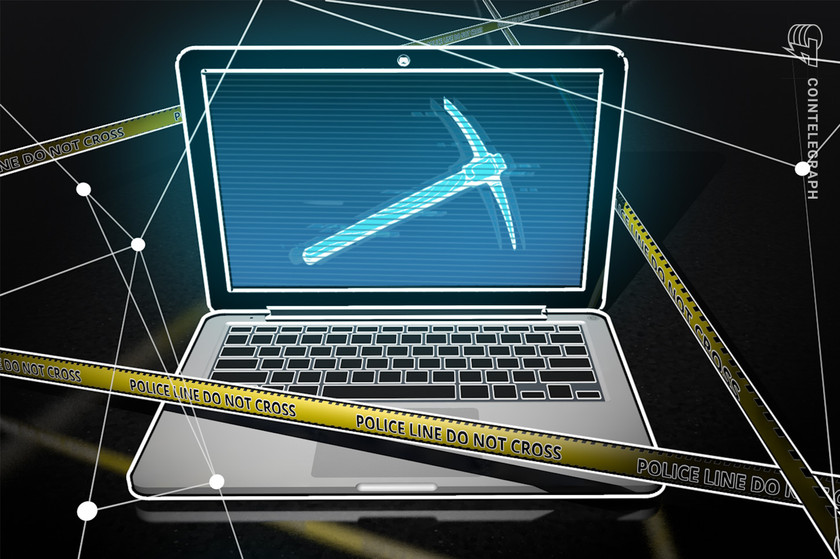Iran completes pre-pilot phase of central bank digital currency


The Central Bank of Iran progresses with CBDC development in anticipation of a visit by the Bank of Russia’s governor Elvira Nabiullina.
Iran is moving forward with its central bank digital currency (CBDC) plans, completing preliminary research for the launch of a potential digital rial.
The Central Bank of Iran (CBI) has completed a pre-pilot phase in the development of Iran’s CBDC, according to an official statement by CBI’s research arm, the Monetary and Banking Research Institute (MBRI).
Mohammad Reza Mani Yekta, head of the CBI office for supervising payment systems, announced the news at the ninth annual conference on electronic banking and payment systems on Feb. 20. He noted that Iran’s central bank plans to increase the scope of the CBDC pilot in the country’s payment system, but doesn’t want to rush its implementation.
“The pre-pilot phase ended successfully with valuable achievements. The project will soon be launched in other ecosystems and will be used by more users,” Mani Yekta stated.
The executive pointed out that the rules governing a potential digital rial will align with those established for rial banknotes. Mani Yekta also noted that a digital rial would be distributed among individuals and banks, with the CBDC infrastructure recreating some blockchain features.
Mani Yekta reportedly said that ten banks in Iran have applied to join the digital rial project. Banks like Bank Melli, Bank Mellat and Bank Tejarat were involved in the experimental phase. All banks and credit institutions in Iran are reportedly expected to start offering electronic wallets for using the upcoming digital currency.
As previously reported, the CBI started planning to launch a CBDC pilot in January 2022, following years of initial research since 2017. The regulator reportedly started rolling out a CBDC pilot in September 2022, aiming to improve financial inclusion and compete with global stablecoins.
Related: Australian central bank to launch ‘live pilot’ of CBDC in coming months
Iran’s digital rial project, called the “crypto rial,” is pegged to the national currency, the Iranian rial, at a 1:1 ratio. The digital currency reportedly runs on a platform known as Borna, which was developed using Hyperledger Fabric, the open-source enterprise blockchain platform established by United States technology giant IBM.
The news comes amid the Iranian authorities preparing to hold an official meeting with the Bank of Russia’s governor Elvira Nabiullina, who is expected to visit Iran in the near future. Russia and Iran have reportedly been working together to create a gold-backed stablecoin that would serve as a payment method in foreign trade.




















